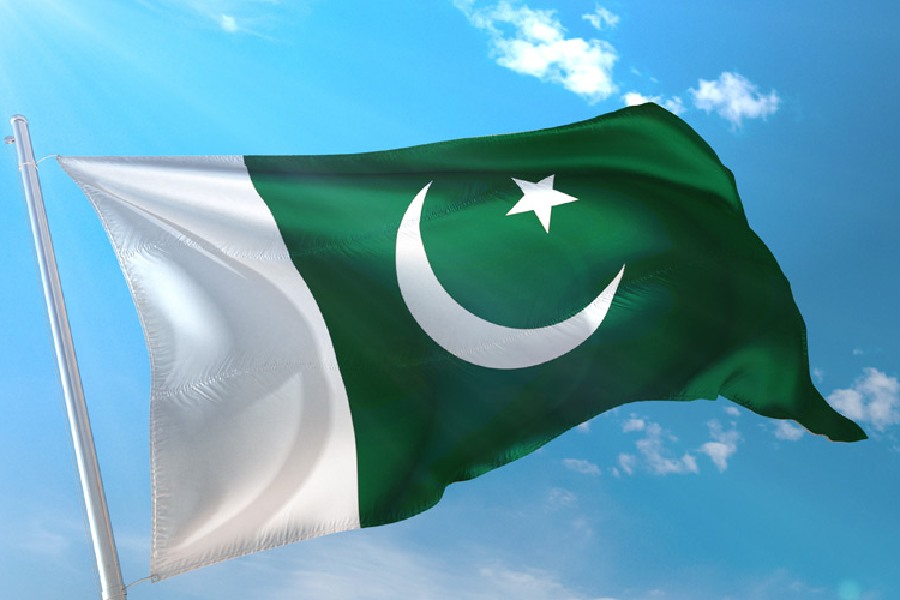Pakistan's Finance Minister Ishaq Dar is set to unveil on Friday Rs 14.5 trillion annual budget for 2023-24 that includes a staggering 66 per cent hike in the discretionary budget of parliamentarians, a decision that might push the cash-strapped country towards a looming default due to shrinking foreign reserves.
Pakistan government on Wednesday approved a 66 per cent increase in the discretionary budget of parliamentarians, reaching a record Rs 116 billion for the outgoing fiscal year, reported the Express Tribune newspaper.
The draft budget which is the last by the Shebaz Sharif government before elections later this year involves about Rs 6 trillion deficit gap which the government would try to fill through different means including external financing.
The total outlay of the budget is expected to be Rs 14.5 trillion. The government employees are likely to receive a boost of 30 per cent in their ad hoc relief allowances as well as a 20 per cent hike in pensions.
Dar has declared a 3.5 per cent GDP growth target for the next year.
The Express Tribune reported that the budget carries a proposal of imposing new taxes worth Rs 700 billion.
It has also been suggested that the medical and conveyance allowance of government employees should be increased by 100 per cent. The fiscal deficit target has been set at 7.7 per cent of the GDP.
A revenue collection target of Rs 9.2 trillion has been estimated. The Federal Board of Revenue (FBR) will be assigned a target of generating revenue at Rs 2.8 trillion, 55 per cent of which will be transferred to the provinces.
The federal government plans to spend a sum of Rs 950 billion on development. An amount of Rs 200 billion will be spent on launching new projects under the public-private partnership mode.
The total provincial development budget has been allocated at Rs 1.55 trillion.
A sum of Rs 1.8 trillion has been proposed for defence.
Besides, the FBR will be expected to collect an additional amount of Rs 1.9 trillion in the upcoming fiscal year.
Pakistan's budget is being keenly watched as the government is caught between the painful fiscal adjustment reforms agenda set by the International Monetary Fund (IMF), and to make room for any relief to the people ahead of a national election scheduled for early November, the paper reported.
The report also points out that the government seems to be neglecting the revival of the International Monetary Fund (IMF) programme, the report said.
It is spending money in complete breach of the understanding reached with the IMF in February this year, which aimed to restrict the primary deficit to just 0.5 per cent of the GDP, it said.
For the outgoing fiscal year, the federal budget deficit is now projected to be around Rs 6.4 trillion or 8.1 per cent of the Gross Domestic Product (GDP), surpassing the target of Rs 4.5 trillion.
The government had initially allocated Rs 70 billion for parliamentarians’ schemes in the current fiscal year, a sum that has proven insufficient due to competing demands for additional funds by the 13 coalition parties.
With the recent approval, the total allocation for such schemes has been increased to Rs 116 billion for the outgoing fiscal year, reflecting a two-thirds increase of Rs 46 billion.
Except for the headline, this story has not been edited by The Telegraph Online staff and has been published from a syndicated feed.











